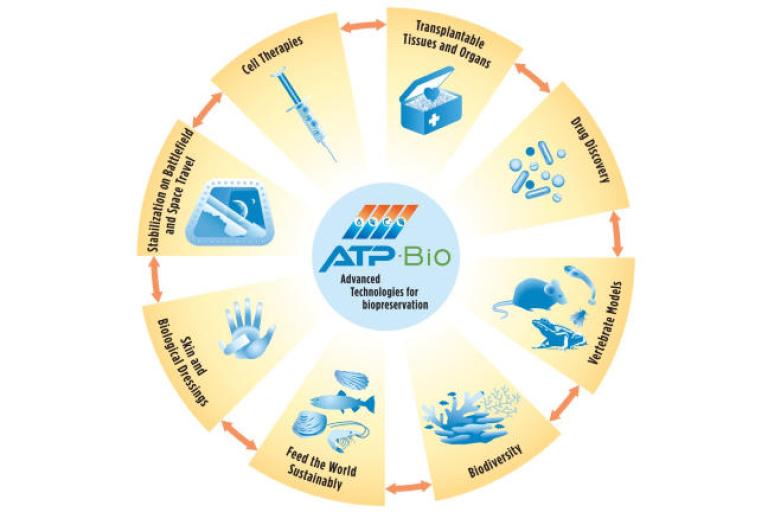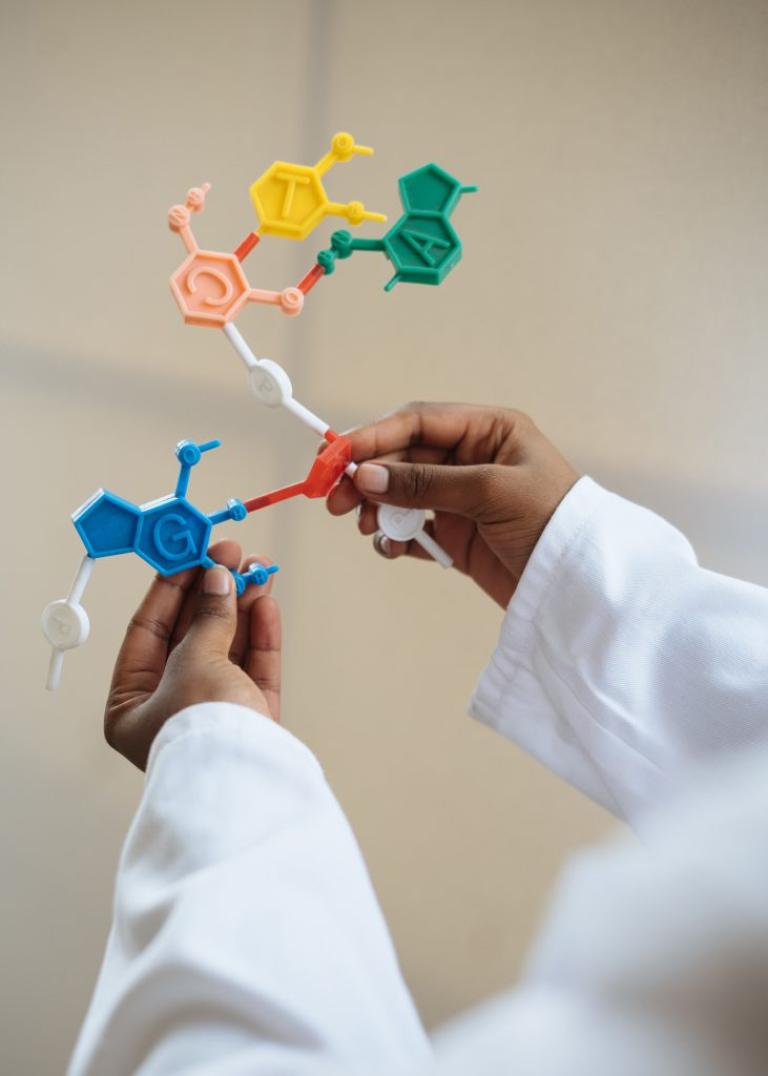2021 Winter

Creating a culture of inclusion
NSF grant supports CEHD work toward diversity in STEM
Professors Gillian Roehrig and Keisha Varma from CEHD are leading an initiative to increase diversity in the STEM fields as part of a $26 million National Science Foundation grant awarded to the U. The grant is to establish the Engineering Research Center (ERC) for Advanced Technologies for the Preservation of Biological Systems (ATP-Bio). ATP-Bio seeks to develop technology to “cryopreserve” biological systems through temperature control. The applications of this technology are numerous, from preserving cells, tissues, and organs for medical needs to storing key genetic lines of hundreds of animal species for biodiversity protection.

ATP-Bio will be led by the U and three core partners: Massachusetts General Hospital, University of California Riverside, and University of California Berkeley. Heading up the center at the U will be 14 senior personnel, including Roehrig and Varma from CEHD, six from the College of Science and Engineering, four from the Medical School, one from the Carlson School of Management, and one representing both the Law School and Medical School.
Roehrig, a professor in the Department of Curriculum and Instruction, will head up the project’s Engineering Workforce Development work which aims to develop STEM pathways and experiences to increase and diversify the future STEM workforce. Department of Educational Psychology Professor Varma, who is also associate vice provost in the UMN Office for Equity and Diversity, will collaborate with Professor Roehrig and the center’s partners to lead efforts to create a center-wide culture of inclusion that upholds social justice, equity, diversity, and accessibility.
“The STEM fields are not representative of the demographic population of the United States,” Roehrig says. “This is particularly true in engineering where Students of Color and women are very under-represented. ATP-Bio provides an exciting research opportunity to develop and research new pathways that will promote diversity in STEM.”
“There is a critical need for a culture of inclusion, especially in STEM,” Varma says. National studies show that African American and Latinx undergraduates declare STEM majors at the same rate as their White peers, suggesting that underrepresented students have comparable levels of interest in STEM as they enter college. “Yet, STEM degree completion rates for African American and Latinx students fall far below those of their White peers,” Varma says.
Roehrig and Varma’s research will explore the development of STEM identity starting in sixth grade, and through partnerships with the ATP-Bio core institutions, will continue to support and track STEM identity through college.

“Academic achievement is a critical factor for predicting not only recruitment and enrollment, but also retainment for undergraduate students from underrepresented minority groups,” Varma says. “Programming must provide both strategies and support to overcome instructional, curricular, or social inequities, and also present students with a broad array of experiences to promote the desired level of academic achievement, engagement, and social and emotional wellbeing.”
“There is a critical need for a culture of inclusion, especially in STEM.”
Integrated STEM starts with an authentic context or real-world problem that allows K-12 students to learn and apply scientific knowledge and motivate student learning. “ATP-Bio will revolutionize organ transplantation and other biological therapies, providing an exciting new context for learning and applying scientific concepts,” Roehrig says. “ATP-Bio will engage teachers in professional learning and curriculum development to provide innovative and motivating learning opportunities that will promote pathways into STEM careers for all students.”
ATP-Bio seeks to diversify the STEM field by developing and promoting new pathways into STEM that address both racial and gender gaps. “We are partnering with diverse middle and high schools at all four ATP-Bio sites—UMN, Massachusetts General, US Berkeley, and UC Riverside—to develop innovative learning opportunities for students. For example, we will develop a summer intern program for high school students who will have an opportunity to engage in ATP-Bio research,” Roehrig says.

Roehrig and Varma also will collaborate with faculty and researchers to make sure that they support academic success and personal well-being for all undergraduate students, graduate students, and post-doctoral scholars who participate in ATP-Bio research. “In much of our work we will be able to leverage existing programs and models developed at our University, such as the North Star STEM Alliance,” Varma says.
ATP-Bio will build on previous partnerships among CEHD and the National Science Foundation, Minnesota Department of Education, the 3M Foundation, and St. Paul Public Schools, which provided extensive professional learning for teachers related to integrated STEM teaching and promoting equity and social justice.
“ATP-Bio is a great opportunity to continue our work promoting equity and diversity in science for K-12 students,” Roehrig says. Marty Davis, St. Paul’s Supervisor PreK-12 Science, agrees. “St. Paul Public Schools is excited to partner with the U of M on this groundbreaking work,” he says. “The teacher professional development, the creation of curriculum, and student research internships will provide unique opportunities for both our students and staff.”
Story by Kevin Moe | Photos from pexels.com